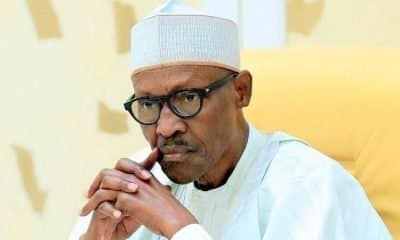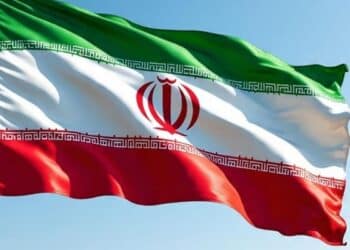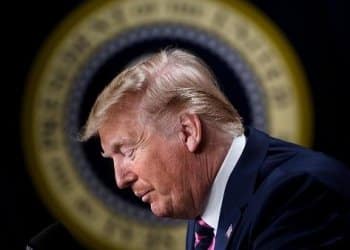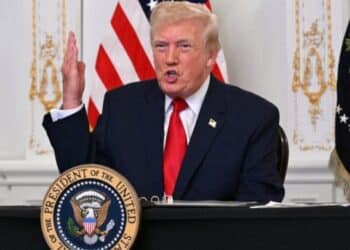THE House of Representatives on Wednesday said it has commenced process to override the President’s veto on 10 legislative Bills which President Muhammadu Buhari had declined assent to.
Hon. Abdulrazaq Namdas, the Spokesman of the House, while addressing National Assembly Correspondents, also said the lower chamber had also resolved to agree with President Buhari on two out of three reasons given for withholding assent to the Electoral Act amendment Bill.
The President had on Tuesday, transmitted to the National Assembly, giving three reasons why he would not sign the Bill for an Act to amend the Electoral Act of 2010.
According to Namdas, top on the list of Bills that the lawmakers would override the President’s veto is a Bill for an Act to establish Nigerian Peace Corps, which the President recently declined assent to, using paucity of funds and duplication of duties of existing security agencies, as excuse.
The Spokesman said, unlike the electoral act amendment Bill which shall undergo another passage and sent to the Presidency, the National Assembly would outrightly test its constitutional power on the Peace Corps Bill, which he said was a very popular Bill and topping the list of the Bills to override the President’s assent with.
ALSO READ: 36% Of Nigerian Teenagers Are Mothers — British Deputy High Commissioner
Another Bill that the Spokesman said would recieve the legislative action is a Bill for an Act to establish Chartered Institute of Treasury Management which was also rejected recently by the President.
He listed other Bills to include, a Bill for an Act to establish the Nigeria Council for Social Works, a Bill for an act to amend the currency conversion, freezing orders act to give discretionary powers to the judge of high court to order for forfeiture of assets of affected persons, and a bill for an act to establish the police procurement fund.
Others are a bill for an act to amend the environmental health officers council registration act, a bill for an act to establish the Chartered Institute of Loan and Risk Management of Nigeria, a bill for an act to establish the Chartered Institute of Public Management of Nigeria.
Also included are a bill for an act to establish the Chartered Institute of Exports and Community Brokers of Nigeria and a bill for an act to establish the Federal University, Wukari.
ALSO READ: Nigeria: Buhari Promises Return Of Kidnapped Schoolgirls
Regarding the bill on the amendment of the electoral act which Buhari also rejected, Namdas said the lawmakers will areas of the bill the president disagree with and re-introduce it for passage.
“We will regazette the electoral act and expunge the areas which the president mentioned and which we are in agreement with the president and in line with the constitution,” he said.
“We will then bring it back for debate and re-transmit it to the president for assent.”
Namdas said the Reps agreed with the President on the amendment of section 138 of the Principal Act which has to do with grounds upon which an election may be challenged by candidates.
He said the lawmakers also agreed to the observation by the President that the amendments to section 152(3)-(5) of the Principal Act may raise constitutional issues over the competence of the National Assembly to legislate over local government elections.
He, however, said the House disagreed with the President on the amendment to the sequence of elections as contained in section 25 of the Principal Act.
He said though the Independent National Electoral Commission ( INEC ) has the powers to regulate the sequence of elections, but it could do so based on the electoral act which was a document birthed by the Parliament.
“If the Parliament had no powers to amend the Electoral Act, why did it pass it in the first place? Is the Electoral Act of 2010 not a Child of the National Assembly? , Namdas asked rhetorically.









